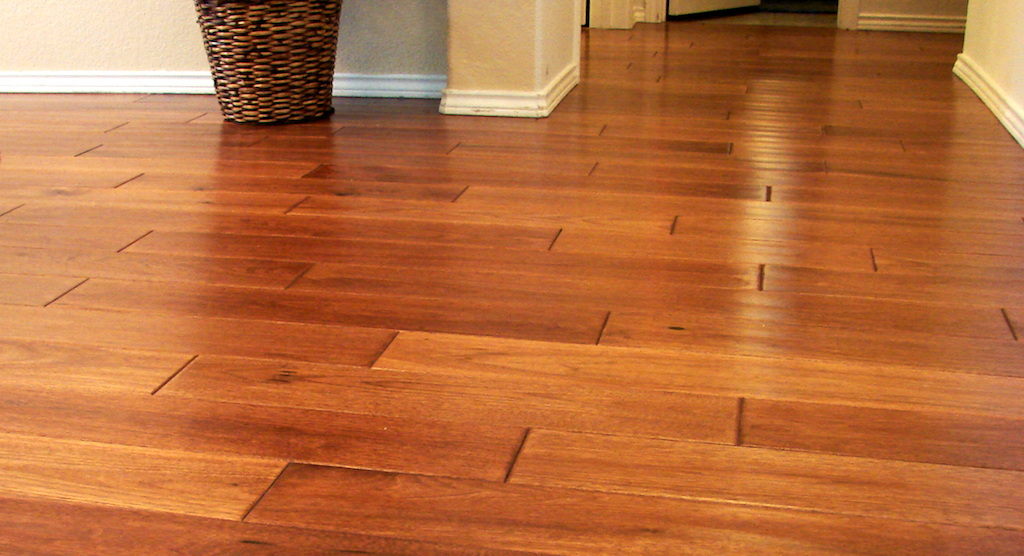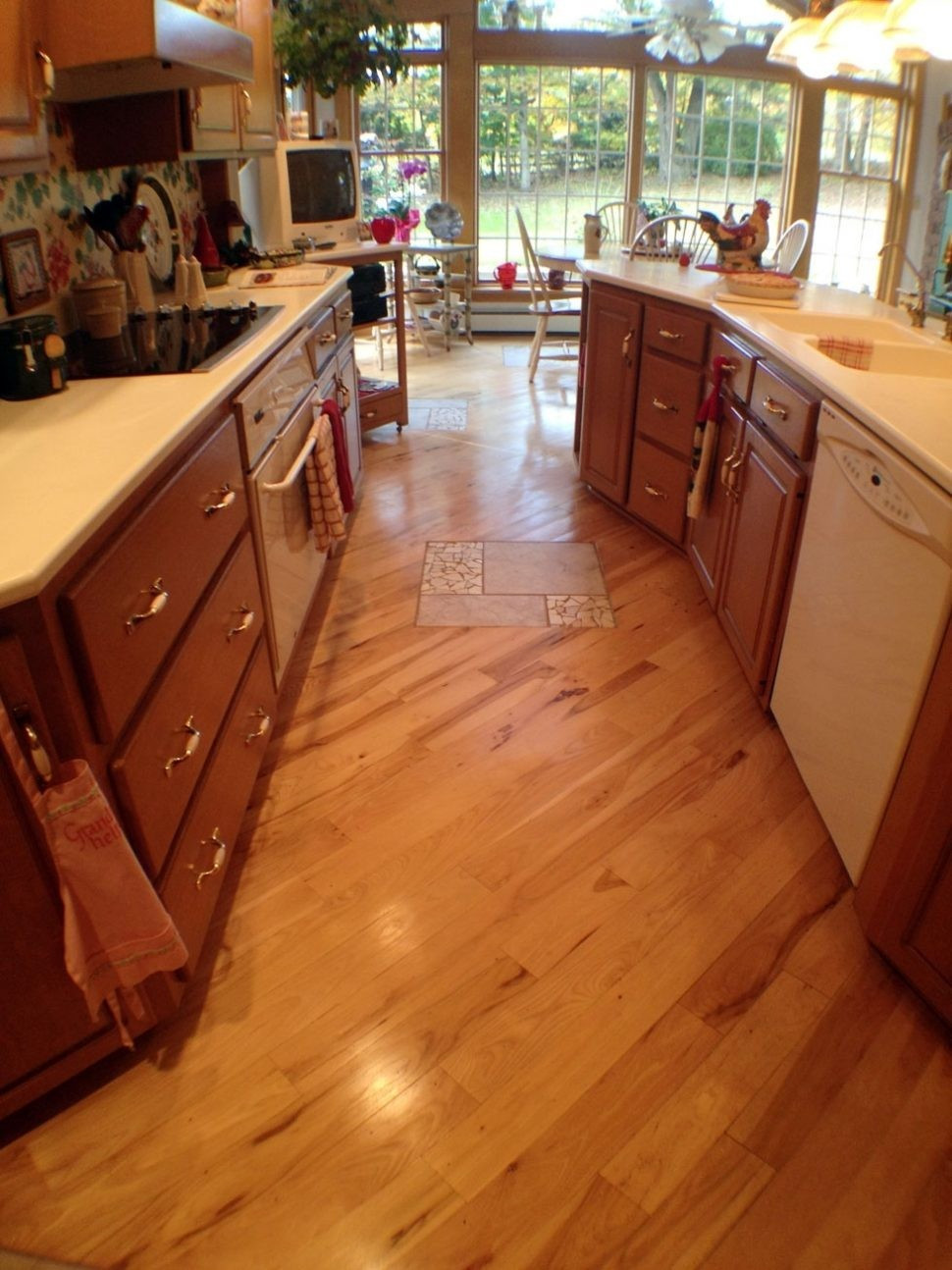Are you dreaming of transforming your home with the warmth and elegance of engineered wood flooring? The decision to invest in such a beautiful and durable flooring option is often the easy part. What can seem less straightforward is the actual installation process and the associated costs. Understanding the average labor cost to install engineered wood flooring is crucial for budgeting your project effectively.

Image: bcfloors.ca
This guide will delve into the essential factors that influence the cost of labor for engineered wood flooring installation. We’ll break down the average costs, explore the nuances that can affect the price, and offer practical tips for keeping your project on track. Whether you’re a seasoned DIY enthusiast or a homeowner seeking professional expertise, this article will provide valuable insights to help you make informed decisions.
Understanding Engineered Wood Flooring Installation Costs
What is Engineered Wood Flooring?
Engineered wood flooring is a popular choice for homeowners seeking the beauty of real wood with enhanced durability and stability. It’s constructed by layering plywood or HDF (High-Density Fiberboard) core with a thin layer of hardwood veneer on top. This innovative construction method provides several advantages:
- Greater Stability: Engineered wood is less susceptible to warping and cupping compared to solid hardwood, making it suitable for various climates and moisture levels.
- Cost-Effective: Engineered wood flooring is generally more affordable than solid hardwood due to the use of plywood or HDF core materials.
- Versatility: Engineered wood flooring can be installed in various ways, including glue-down, floating, and nailed methods, catering to different subfloor conditions.
Factors Influencing Labor Costs
The average labor cost to install engineered wood flooring can vary significantly. Here are some key factors that contribute to the price:
- Project Size: Larger projects typically have lower per square foot labor costs because the installers can work more efficiently.
- Location: Labor rates can differ across regions due to factors like local market demand, cost of living, and the availability of skilled labor.
- Complexity of the Installation: Complex installations involving intricate patterns, unique transitions, or challenging subfloor conditions can increase labor costs.
- Type of Installation: The chosen installation method (glue-down, floating, nailed) will influence labor costs. Glue-down installations, for instance, may require additional time and expertise.
- Experience and Reputation of the Installer: Highly experienced and reputable installers often command higher labor rates, but they can bring valuable expertise and reduce the risk of installation errors.

Image: www.rocktherm.com
Average Labor Costs for Engineered Wood Flooring Installation
While precise labor costs can vary widely, here’s a general range you can expect across different project sizes:
Small Projects (Less Than 500 Square Feet)
Average labor cost: $5 to $10 per square foot
Medium Projects (500 to 1000 Square Feet)
Average labor cost: $4 to $8 per square foot
Large Projects (1000+ Square Feet)
Average labor cost: $3 to $6 per square foot
It’s important to remember that these are just estimates. To obtain an accurate price quote, consult with multiple flooring contractors in your area and provide them with detailed information about your project.
Tips for Saving on Labor Costs
While the average labor cost to install engineered wood flooring can seem significant, there are strategies for keeping your project within budget:
- Prepare the Subfloor: Properly leveling and preparing the subfloor can save time and labor during installation. This can potentially reduce overall costs.
- Consider DIY Installation: If you’re comfortable with basic construction techniques, consider installing the flooring yourself. However, remember to factor in the time commitment and potential risks involved.
- Shop Around for Contractors: Obtain quotes from several reputable flooring contractors and compare their rates and services.
- Negotiate: Don’t be afraid to negotiate with contractors, especially if you have a large project or if you’re willing to schedule the installation during off-peak seasons.
- Ask About Bundled Services: Some contractors offer bundled packages that include both materials and installation, which can potentially lead to savings.
Why Choose Engineered Wood Flooring?
Engineered wood flooring is a smart investment for homeowners seeking a blend of beauty, durability, and value. Here’s a closer look at the benefits:
- Enhanced Stability: Engineered wood is more resistant to warping, cupping, and expansion than traditional solid hardwood, making it an excellent choice for various climates and moisture levels.
- Aesthetic Appeal: Engineered wood flooring offers a wide variety of wood species, colors, and finishes to complement any décor style.
- Cost-Effective: Engineered wood is generally more affordable than solid hardwood, making it an attractive option for budget-conscious homeowners.
- Sustainability: Many engineered wood flooring manufacturers use sustainable forestry practices to minimize environmental impact.
- Easy Maintenance: Engineered wood flooring is relatively easy to maintain with regular sweeping, vacuuming, and occasional mopping.
Average Labor Cost To Install Engineered Wood Flooring
Conclusion
Determining the average labor cost to install engineered wood flooring involves considering numerous factors. It’s crucial to gather accurate quotes from reputable contractors, understand the specifics of your project, and explore ways to potentially minimize expenses. Ultimately, by investing in quality engineered wood flooring and hiring experienced installers, you can create a beautiful and durable living space that you’ll cherish for years to come. Remember, informed decision-making and meticulous planning are key to ensuring a successful and cost-effective flooring project.





